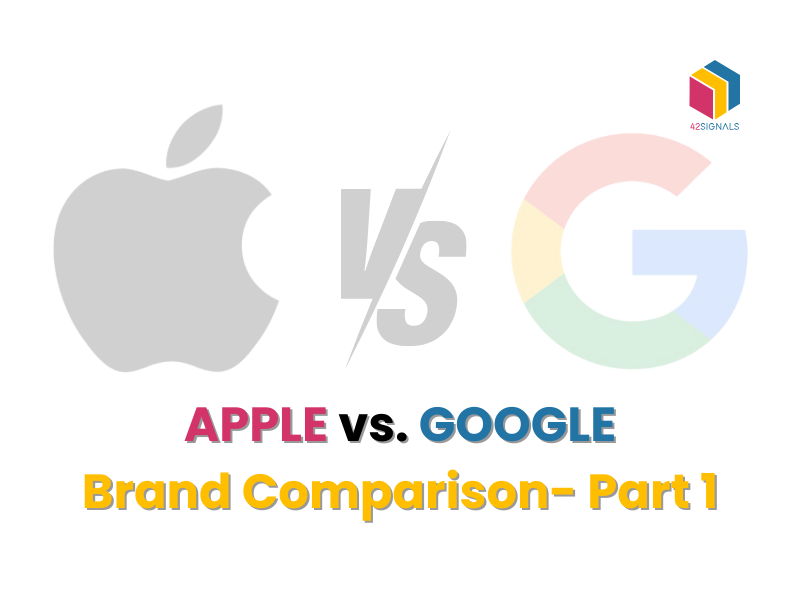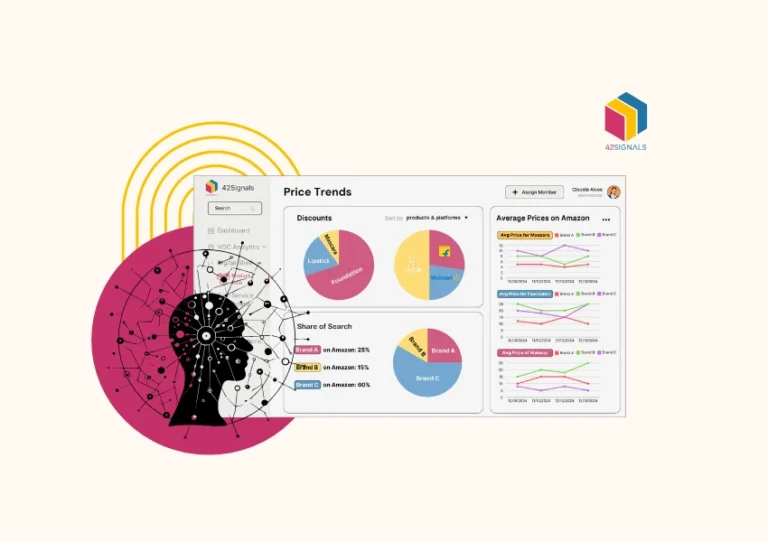The festive season brings along multiple sales across various e-commerce platforms, especially Amazon. Previously we made a brand comparison between 2 of the budget-friendly smartphones in India, but with the festive season upon us, knowing how each of us eagerly awaits the discounted prices of smartphones, we thought of comparing 2 high-end smartphone brands- Apple & Google.
Brand Comparison: Apple vs. Google Smartphones
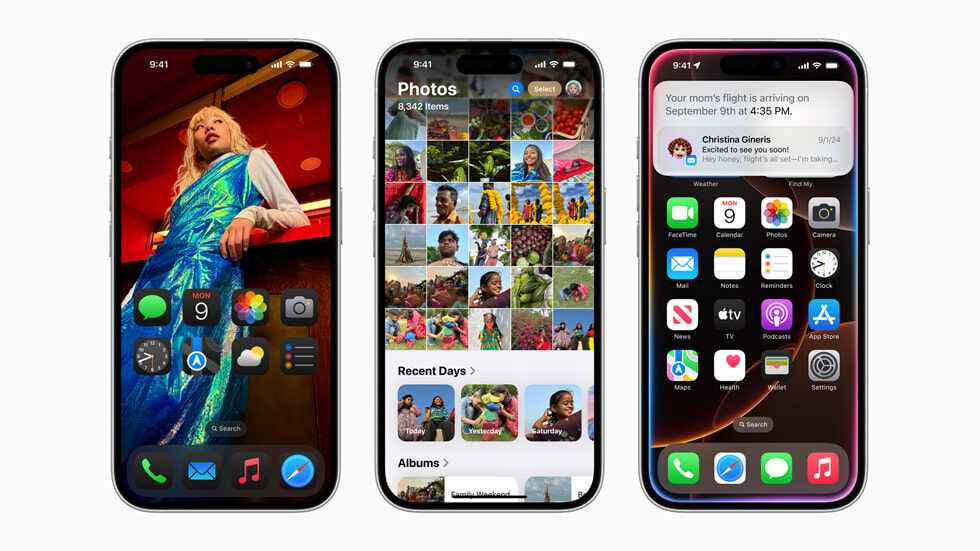
Image Source: Apple
Operating Systems:
- Apple: Apple develops its closed-source operating systems, iOS and macOS, which are exclusive to Apple devices. This exclusivity allows for a tightly controlled ecosystem, ensuring seamless integration between hardware and software. Apple’s operating systems are celebrated for their user-friendly interfaces, stability, and enhanced security features, making them a favorite for those who prioritize privacy and ease of use.
- Google: Google develops Android, an open-source mobile operating system used by various manufacturers. Android’s open nature gives users the freedom to customize their devices extensively, catering to tech-savvy individuals who value flexibility. Chrome OS, another Google operating system, is primarily used in laptops and has gained traction for its simplicity and speed, especially in educational settings.
Hardware and Design:
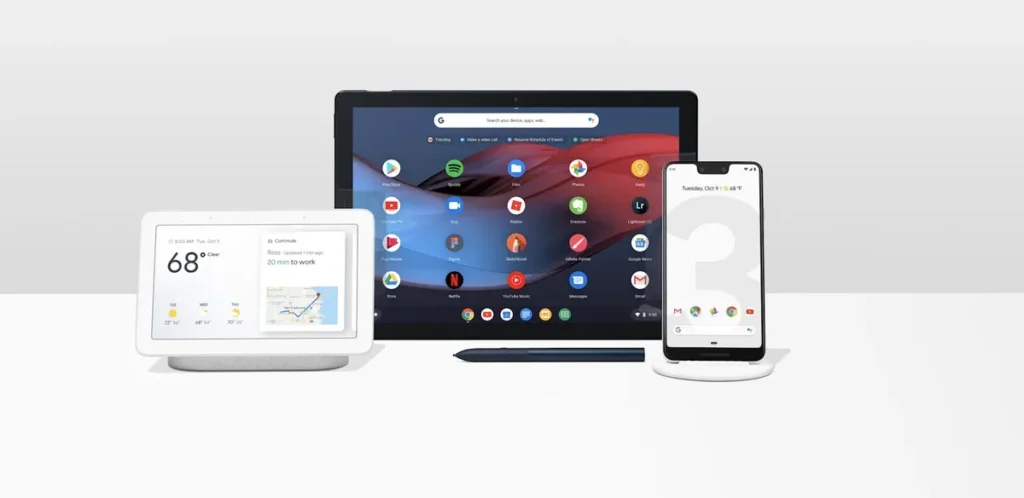
Image Source: Googe Blog
- Apple: iPhones are known for their premium build quality and sleek design, often using materials like glass and aluminum. The company pays meticulous attention to detail, creating devices that are not only functional but also aesthetically pleasing. Apple’s design philosophy emphasizes minimalism, often setting industry standards for smartphone craftsmanship.
- Google: Google Pixel phones focus on software optimization and have a clean, minimalist design. While they may not always match the premium feel of Apple’s iPhones, they prioritize functionality and durability. Google’s focus on practicality appeals to users who prefer a no-nonsense approach to smartphone design without compromising on performance in this brand comparison.
App Stores Brand Comparison:
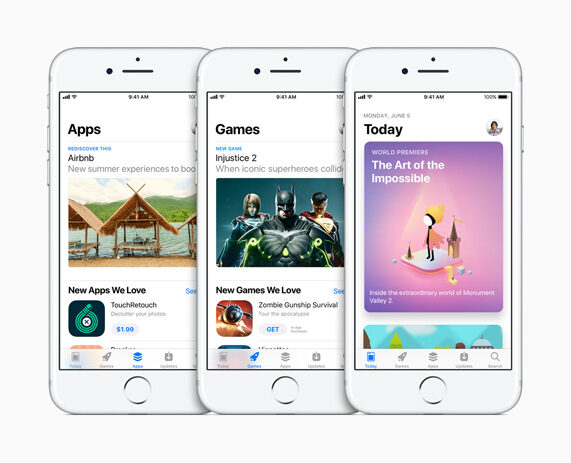
- Apple: The App Store is known for strict app quality control, which can result in a more secure and curated experience. Apple’s rigorous review process ensures that only high-quality apps make it to their marketplace, offering users peace of mind regarding security.
- Google: The Google Play Store has a wider variety of apps, but it may have a few more security concerns due to its more open nature. While this openness fosters innovation and diversity, it also requires users to be more cautious about the apps they download.
Camera and Software:
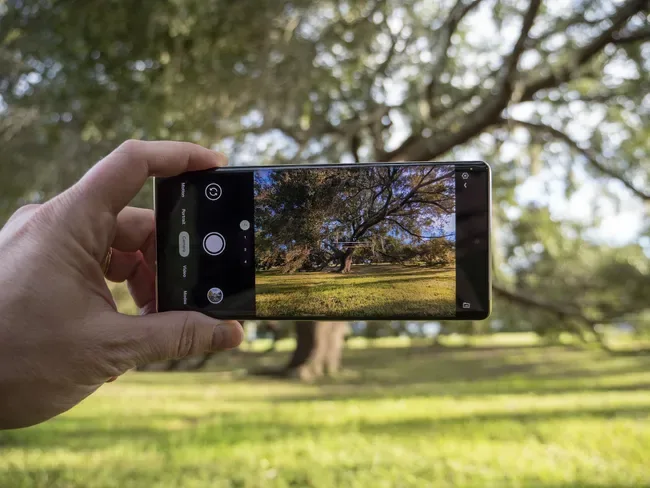
Image Source: Android Central
- Apple: iPhones are renowned for their camera quality and image processing. The integration of hardware and software results in exceptional photo and video capabilities, making iPhones a top choice for content creators. Regular software updates and extended support for several years ensure that Apple devices remain functional and secure long after purchase.
- Google: Google Pixel phones are highly regarded for their camera software and AI capabilities, often producing excellent photos, especially in challenging conditions like low light. Google’s computational photography sets its devices apart, allowing users to capture stunning images without the need for extensive manual adjustments. The timely delivery of Android updates is another strong point for Pixel devices.
Price and Affordability:
- Apple: iPhones tend to be relatively expensive, with some models reaching premium price points. However, they offer good resale value, making them an appealing investment for many. Apple also provides trade-in programs that allow customers to offset the cost of a new device.
- Google: Google Pixel phones are generally more competitively priced and offer a good balance between performance and cost. This makes them a more budget-friendly option for some consumers who seek high-quality features without breaking the bank. Google’s approach targets a broader audience by providing flagship experiences at more accessible price points.
Additional Considerations:
When choosing between Apple and Google smartphones in this brand comparison, users often consider aspects like ecosystem compatibility, software longevity, and personal preference for design and user interface. Apple excels in providing a cohesive ecosystem, with seamless integration between devices like iPhones, iPads, and Macs.
Google, on the other hand, leverages its expertise in AI and cloud-based services to enhance user experience, making its devices particularly appealing to those deeply embedded in Google’s ecosystem.
Pt. 1: The Amazon War: Apple vs. Google Brand Comparison

As seen above, except for discounts, Apple is a winner for customers on Amazon as compared to Google.
Customer Ratings and Reviews Brand Comparison:
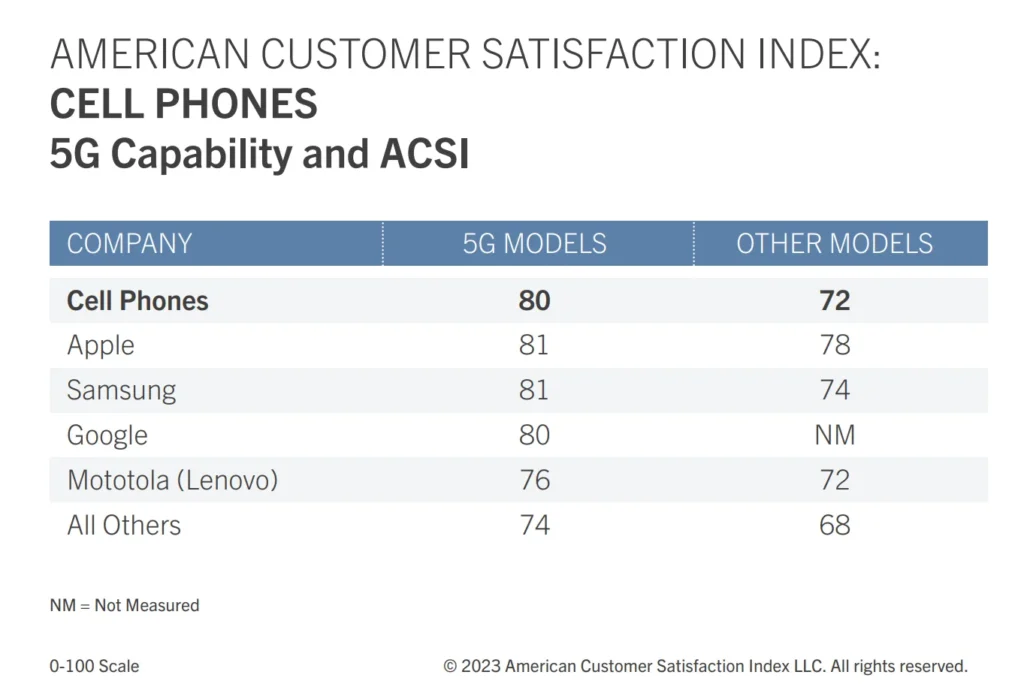
Image Source: Digital Information World
Apple consistently receives a higher number of ratings and tends to maintain a higher average star rating compared to Google on the Amazon platform. This suggests that customers generally express more satisfaction with Apple smartphones, leading to a positive perception of the company’s products in this brand comparison.
Apple’s reputation for reliability and premium build quality plays a significant role in this trend.
Google’s Pixel devices, while praised for their software and camera performance, sometimes fall short in areas like battery life or build durability, which can affect customer ratings. However, for those who value pure Android experiences and cutting-edge AI features, Pixel devices remain an attractive choice.
Brand Loyalty and Trust:
Apple’s strong brand loyalty and customer trust play a significant role in its success on Amazon. Customers often demonstrate a strong preference for Apple products, contributing to higher sales and more positive reviews on the platform. This loyalty is reinforced by Apple’s consistent delivery of high-quality products and excellent customer service.
Google is steadily building its brand loyalty, particularly among tech enthusiasts and photography enthusiasts. While it may not yet match Apple’s level of brand devotion, Google’s innovative features and competitive pricing are gradually cultivating a loyal customer base.
Brand Comparison on Product Popularity:
The popularity of Apple’s iPhones relative to Google’s smartphones contributes to the higher number of ratings and better average star rating for Apple on Amazon. The popularity of Apple’s products reflects the broad appeal they have in the market and the way consumers perceive Apple as a premium brand.
Apple’s consistent marketing strategies and iconic branding have further solidified its dominance in the high-end smartphone market.
Google’s Pixel phones, while popular among certain demographics, often target a niche audience. This focused approach helps Google maintain a dedicated fan base, though it may not achieve the same widespread appeal as Apple.
Sales Performance on Amazon:
Apple’s dominance on Amazon during festive sales can be attributed to its ability to offer enticing deals and bundle offers, such as discounts on older iPhone models or accessories. Google, while also participating in festive sales, may struggle to compete with the sheer scale of Apple’s promotional campaigns.
Especially when it comes to the number of ratings customers have left and the average star rating for Apple, the brand clearly outshines Google, making Apple the winner in this brand comparison.
In part 2 of this brand comparison of Apple vs. Google, we will look into the pros and cons of each of the brands based on the reviews customers have left on Amazon.
Stay tuned!
